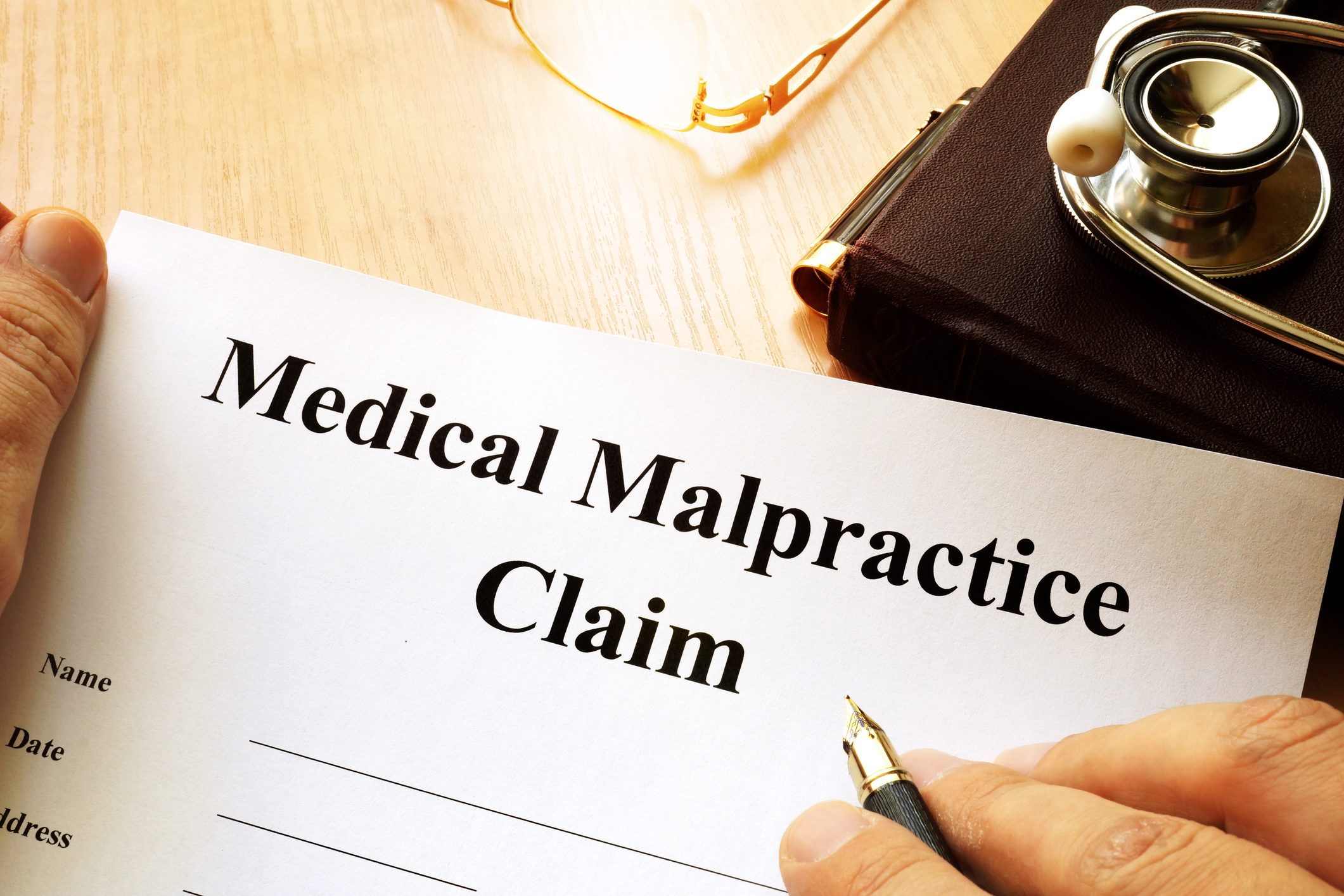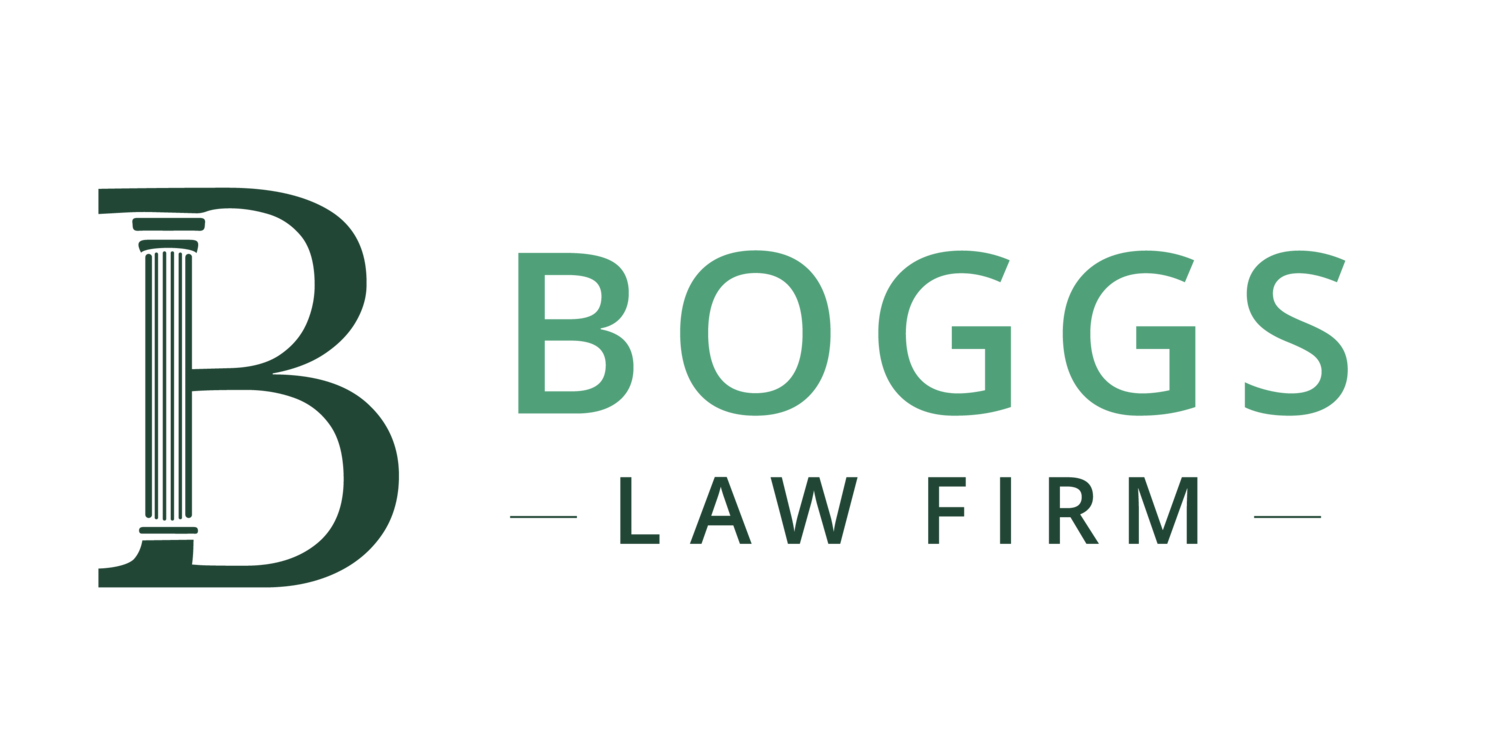In personal injury cases, the physical, emotional, and financial toll that an accident or incident can have on an individual’s life is immeasurable. As a lawyer who practices personal injury law in Greenville, South Carolina, I have witnessed firsthand the profound impact that pain and suffering can have on my clients. In this blog post, we will delve into the importance of pain and suffering in personal injury cases, how it is evaluated, and its role in determining fair compensation.
Evaluating Pain and Suffering
Pain and suffering refer to the physical and emotional distress experienced by an individual as a result of an injury caused by someone else’s negligence or intentional actions. While physical pain can be easier to quantify, emotional suffering such as anxiety, depression, or loss of enjoyment of life can be equally devastating. In personal injury cases, determining the value of pain and suffering is a complex process that requires careful consideration of various factors. The impact of pain and suffering can vary from person to person, making it a subjective element to quantify. Nevertheless, several key aspects are typically taken into account:
- Severity of Injuries: The extent of physical injuries, the required medical treatments, and the potential for long-term consequences all contribute to the evaluation of pain and suffering.
- Emotional Distress: The psychological trauma endured, such as anxiety, depression, post-traumatic stress disorder (PTSD), or loss of companionship, can significantly affect a person’s overall well-being.
- Disruption of Daily Life: Pain and suffering can disrupt an individual’s ability to perform routine activities, participate in hobbies, or engage in social interactions. These limitations are factored into the evaluation.
- Duration of Suffering: The duration and expected recovery time from injuries play a crucial role in assessing the impact of pain and suffering on an individual’s life.
Documenting Pain and Suffering
As an experienced personal injury lawyer, I emphasize the importance of thorough documentation in proving the extent of pain and suffering in a case. The following steps can bolster your claim:
- Medical Records: Maintaining detailed medical records, including diagnosis, treatment plans, medications, and therapies, helps establish a clear connection between the injuries sustained and the pain experienced.
- Psychological Evaluations: If emotional distress or mental health concerns arise from the incident, seeking professional evaluations from therapists or psychologists can provide valuable evidence.
- Witness Statements: Testimonies from friends, family, or coworkers who have observed the impact of the injuries on your daily life can strengthen your case.
The Role of Pain and Suffering in Compensation
While economic damages such as medical expenses and lost wages can be easily calculated, pain and suffering require a different approach. In South Carolina, there is no set formula for determining the monetary value of pain and suffering. Instead, it is typically left to the discretion of the jury or insurance adjuster to assign a fair and reasonable amount.
Factors considered include the severity of injuries, impact on daily life, duration of suffering, and the credibility of evidence presented. At The Boggs Law Firm, we can advocate on your behalf to ensure that your pain and suffering are properly valued during negotiations or trial.
Understanding the Pain and Suffering Limitations in South Carolina
In South Carolina, there are certain limitations and restrictions when it comes to claiming damages for pain and suffering in personal injury cases.
- Statute of Limitations: South Carolina has a statute of limitations, which is the time limit within which a lawsuit must be filed. For personal injury cases, including claims for pain and suffering, the statute of limitations is generally three years from the date of the injury or the date when the injury should have reasonably been discovered.
- Damage Caps: South Carolina does not impose specific damage caps on pain and suffering in most personal injury cases. This means there is no predetermined limit on the amount of compensation that can be awarded for pain and suffering. However, there are exceptions for medical malpractice cases, where non-economic damages (including pain and suffering) are capped at $350,000 per defendant, with a total cap of $1.05 million for multiple defendants.
- Comparative Negligence: South Carolina follows a modified comparative negligence rule. This means that if the injured party is found partially at fault for the accident or incident that caused their injuries, their compensation may be reduced. If the injured party is deemed to be 50% or more at fault, they may be barred from recovering any damages. However, as long as the injured party is found to be less than 50% at fault, they can still pursue compensation for pain and suffering.
- Burden of Proof: In personal injury cases, including claims for pain and suffering, the burden of proof lies with the injured party. They must provide evidence that shows the extent of their pain and suffering and how it has affected their life. This evidence can include medical records, expert testimony, witness statements, and other supporting documentation.
Consider Hiring an Experienced Attorney
It’s important to consult with an experienced personal injury attorney who is familiar with South Carolina law to understand the specific limitations and requirements for claiming damages for pain and suffering in your particular case. Contact The Boggs Law Firm and rest assured you’ll receive tailored advice to help you navigate the complex legal process and fight for the compensation you deserve.














